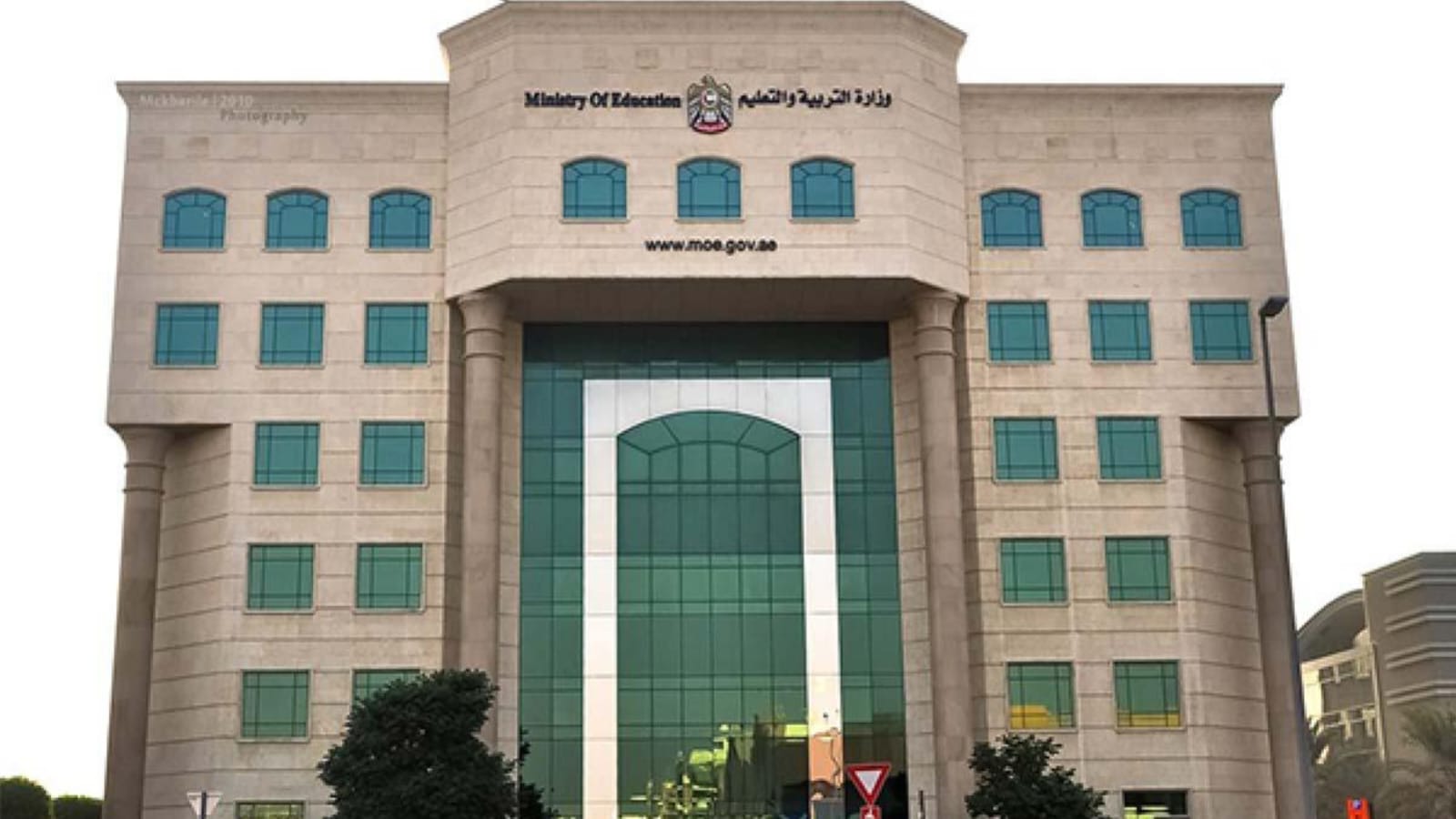Abu Dhabi continues to play a leading role in advancing legal innovation and international judicial cooperation, as seen in a recent official visit that highlighted its growing engagement with global partners. The Abu Dhabi Judicial Department (ADJD) recently welcomed a distinguished judicial delegation from Xiamen City in Fujian Province, People’s Republic of China. The purpose of the visit was to explore ways of enhancing collaboration between the two legal systems, with a focus on exchanging knowledge, reviewing best practices, and exploring opportunities for joint development in the fields of law and justice.
Held within the framework of fostering global understanding and advancing professional capabilities, this visit represented a key step in ADJD’s international outreach efforts. The judicial and legal leaders from both sides came together to discuss the mutual benefits of closer collaboration, with attention given to areas such as digital transformation, legal training, court efficiency, and artificial intelligence applications in justice.
Introducing Abu Dhabi’s Advanced Judicial System
As the delegation arrived in Abu Dhabi, they were introduced to the emirate’s judicial system, widely known for its strategic use of technology, structured governance, and focus on delivering prompt and fair legal services. The representatives from Xiamen were given a comprehensive overview of the legal system’s operational structure, which is built on principles of transparency, efficiency, and public service.
One of the main highlights of the meeting was the introduction of ADJD’s Strategic Plan for 2024–2026. This multi-year roadmap outlines the Department’s vision for modernising the judiciary, with a strong emphasis on using advanced technologies to improve access to justice. The strategy also sets out clear performance benchmarks and goals, including timely case resolution, fair litigation practices, and professional development for judicial staff.
The visiting delegation was particularly interested in learning how the Abu Dhabi Judicial Department uses innovation to solve challenges commonly faced by judicial institutions around the world. These include reducing case backlog, ensuring equal access to justice, and maintaining public confidence in the legal system.
Focusing on Capacity Building and Professional Development
A core part of the exchange focused on how judicial systems can invest in their human capital. The delegation was briefed on ADJD’s ongoing training programmes and professional development strategies designed for judges, prosecutors, and legal staff. These programmes are considered essential for maintaining high standards of judicial performance, ethical conduct, and informed decision-making.
To provide practical insights, the visitors were invited to tour the Abu Dhabi Judicial Academy. At the Academy, they observed first-hand the technologies and methodologies used for continuous legal education. The Academy plays a central role in fostering professional excellence and equips future judicial professionals with the necessary skills to adapt to the evolving legal landscape. By combining traditional legal theory with hands-on digital tools, Abu Dhabi ensures that its judiciary remains agile, knowledgeable, and responsive to contemporary legal challenges.
This aspect of the visit sparked particular interest among the Chinese delegation, who noted the importance of structured training and lifelong learning in building a resilient and forward-thinking legal community. Discussions were held about potential cooperation in educational programmes, with both parties expressing interest in establishing exchange mechanisms between legal scholars and trainees.
Exploring the Role of Technology in Judicial Operations
A significant portion of the visit was dedicated to exploring how Abu Dhabi integrates technology into the daily operations of its courts. The delegation was introduced to a range of innovative tools and platforms designed to enhance judicial efficiency and communication between litigants and the courts.
Among the key innovations discussed was the remote litigation system, which allows parties involved in legal proceedings to follow up on cases, submit documents, and interact with court officials through virtual channels. This system is part of Abu Dhabi’s broader digital transformation journey and reflects the city’s ambition to make its judiciary more accessible, transparent, and time-efficient.
The Chinese delegation expressed particular interest in the case management systems used by the Abu Dhabi Commercial Court. During their visit to the court, they observed how cases are handled using structured workflows and real-time tracking tools. These technologies support the goal of minimising delays and ensuring that litigants receive timely decisions. The guests also learned about how artificial intelligence is used to assist in legal research and case analysis, helping judges and lawyers work more efficiently.
Judicial Collaboration as a Foundation for International Understanding
Throughout the visit, both Abu Dhabi and Xiamen officials emphasised the importance of international judicial cooperation. In a globalised world where legal issues increasingly cross borders, collaboration among judicial institutions offers a path to mutual understanding, capacity enhancement, and shared development.
By exchanging ideas and observing each other’s approaches to common legal challenges, countries can adopt solutions that are both innovative and culturally appropriate. The delegation’s visit helped to identify key areas for future cooperation, including legal research, judicial education, and the adoption of digital tools for legal services. It also served as a reminder of the global nature of justice and the shared responsibility of legal institutions to continually strive for fairness, accessibility, and accountability.
The meetings included conversations about how both Abu Dhabi and Xiamen could collaborate on joint research papers, judicial forums, and legal exchange visits. Such initiatives could help create lasting relationships between the legal professionals of both cities and provide an ongoing channel for communication and development.
Commitment to Transparent and Fair Judicial Systems
One of the key themes that resonated throughout the visit was the shared commitment to building judicial systems that are transparent, fair, and accessible to all members of society. Whether in Abu Dhabi or Xiamen, the core principles of justice—independence, impartiality, and rule of law—remain universal.
The visit was marked by mutual respect and a focus on learning from each other. While each legal system operates within its own framework and cultural context, the values that underpin justice are shared. This understanding forms the foundation of effective judicial cooperation and encourages continuous improvement through comparative studies and shared experiences.
Both sides reiterated that the primary aim of judicial cooperation should be the advancement of the public interest. By sharing knowledge, methods, and technology, judicial institutions can improve service delivery and better serve their respective communities.
A Step Forward in Judicial Diplomacy and Innovation
As the visit came to a close, the Chinese delegation expressed appreciation for the hospitality extended by the Abu Dhabi Judicial Department and for the opportunity to gain valuable insights into one of the region’s most advanced legal systems. They commended ADJD’s efforts to modernise judicial services, its focus on training, and its investment in digital infrastructure and legal innovation.
The visit not only strengthened ties between Abu Dhabi and Xiamen but also reaffirmed the importance of ongoing international dialogue in judicial affairs. As judicial diplomacy becomes an increasingly vital tool in today’s interconnected world, exchanges such as this help build bridges, foster trust, and promote shared progress.
ADJD, for its part, reaffirmed its openness to continued collaboration and welcomed the possibility of future engagements that can lead to deeper partnerships. The Department’s leadership highlighted that openness to new ideas, mutual learning, and innovation will remain central to its future direction.
Looking Ahead to Long-Term Cooperation
The 2024–2026 strategic direction of the Abu Dhabi Judicial Department sets a clear course toward greater global engagement. As part of its mission to be a leader in judicial innovation and professional excellence, the Department is actively seeking opportunities for international cooperation that support this goal.
The visit from the Xiamen delegation is one example of this effort, and more such visits and collaborations are expected in the future. Whether through formal memoranda of understanding, joint training programmes, or participation in international conferences, Abu Dhabi aims to remain a dynamic player in the global legal community.
In a world where the administration of justice must constantly evolve to meet new challenges, partnerships such as this one serve to strengthen legal institutions and expand the collective capacity to uphold the rule of law. By fostering such partnerships, Abu Dhabi reaffirms its commitment to global cooperation, professional development, and a more efficient, transparent judicial system for all.








